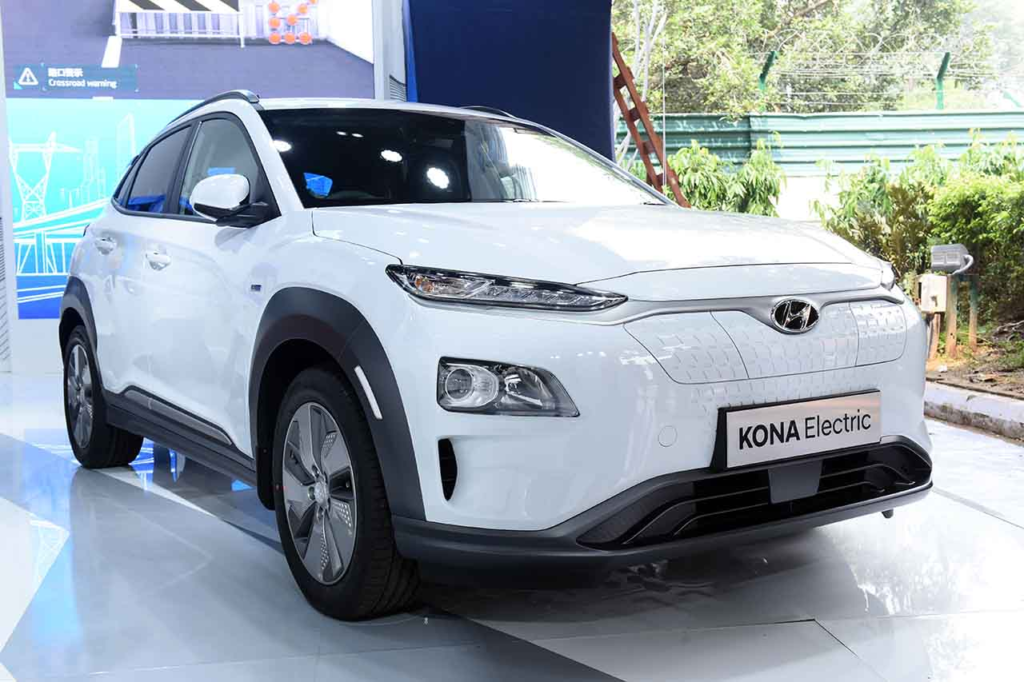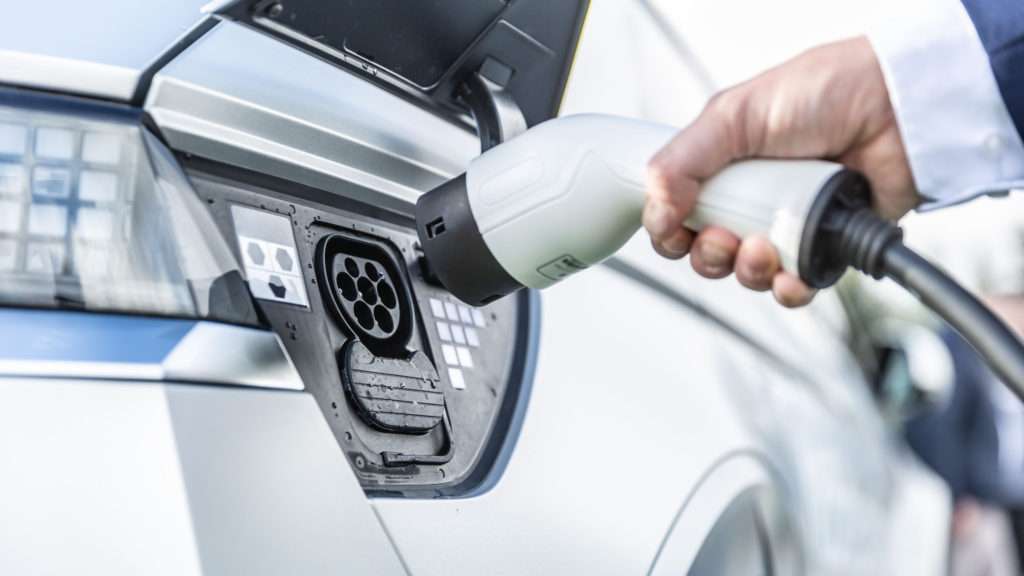Electric vehicles (EVs) represent the future of transportation, promising to revolutionize mobility with eco-friendly technology. As the world shifts towards greener alternatives, buying an electric car is becoming an increasingly viable option for consumers. However, navigating through the complexities of EVs requires an understanding of key factors that influence the purchase decision. This comprehensive guide will walk you through the critical points to consider before buying an electric car

1. Price
Electric vehicles come with advanced technology and complex electric drivetrains, making them more expensive compared to conventional petrol or diesel cars. The high cost of battery packs is a significant contributor to this price difference. For instance, in India, a small electric car can cost upwards of Rs. 6 lakh. Before making a purchase, carefully assess your budget to ensure you can afford the upfront cost, as well as potential long-term expenses.
Also Read: Tata Altroz Racer vs Hyundai i20 N Line Detailed Comparison – Car Bike Review
2. Incentives and Tax Benefits
Governments worldwide, including India, offer various incentives and tax benefits to encourage the adoption of electric vehicles. These incentives can significantly reduce the overall cost of purchasing an EV. For instance, the Government of India offers reduced Goods and Services Tax (GST) on electric vehicles. Be sure to check the specific incentives available in your region before making a decision.
3. Software Updates
Unlike traditional cars, electric vehicles often receive software updates to improve performance and add new features. Some manufacturers offer these updates free of charge, while others may require a fee. Ensure that the EV you choose provides regular updates and has a user-friendly interface for installing them, as this can improve the longevity and functionality of your car.
4. Specifications
Electric cars come with various specifications, including different motor sizes and battery capacities. It’s essential to choose a car that fits your driving needs. An underpowered vehicle may be frustrating to drive, while one with too many features might exceed your budget. Thoroughly examine the car’s technical details to ensure you’re getting the right specifications for your needs.

5. Driving Range
The driving range, or the distance an EV can travel on a single charge, is one of the most important factors to consider. While manufacturers may list a particular driving range, real-world conditions can significantly impact this figure. For daily commutes, an EV with a range of over 1 00 km may suffice, but for longer drives, consider models offering ranges of 300 km or more.
Also Read: Kia Carnival 2024: Exterior & Interior Colour Options, Features (carbikereview.com)
6. Battery Life
The battery pack is the heart of an electric vehicle and is one of the most expensive components to replace. A battery with a long life will save you maintenance costs down the road. Be sure to inquire about the battery warranty and understand how many charging cycles it can handle before it starts to degrade.
7. Charging Infrastructure
One of the significant challenges of owning an electric car is the availability of charging stations. In many parts of the world, including India, charging infrastructure is still developing. While metropolitan areas may have adequate charging facilities, smaller towns or rural areas may not. Assess the charging infrastructure in your region before committing to an EV.

8. Charging Options
Electric vehicles offer different charging options, such as fast charging and slow charging. Fast chargers can recharge the battery in a few hours but are expensive to install and not widely available. On the other hand, slow chargers can be installed at home but take longer to charge the vehicle. Understanding the available charging options is crucial for seamless EV ownership.
9. Maintenance Costs
EVs typically have fewer moving parts than traditional cars, which translates to lower maintenance costs. However, when repairs are needed, they can be costly due to the specialized components and limited availability of spare parts. It’s essential to account for the potential maintenance expenses associated with owning an electric car.
10. Additional Costs
When budgeting for an EV, consider additional costs such as installing a home charger, maintaining public charging station subscriptions, and higher insurance premiums. While the day-to-day running costs of an electric vehicle are generally lower than a petrol or diesel car, these initial expenses can add up.
11. Practical Usability
An electric vehicle may not be practical for everyone, especially in countries like India where charging infrastructure is still in its infancy. Consider how far you drive daily, and whether an EV’s driving range aligns with your travel needs. For urban dwellers with short commutes, EVs can be a perfect fit, but for those requiring long-distance travel, a petrol or hybrid car may be more practical.
12. Brand and Model
While the choices of electric cars are limited in some markets, such as India, the options span various price points. Brands like Hyundai, Tata Motors, Mahindra, and MG offer electric vehicles that cater to different needs and budgets. Ensure that the brand and model you choose align with your budget and driving preferences.
13. After-Sales Service and Support
A seamless ownership experience depends heavily on after-sales service. Look for brands that offer extensive warranties on battery packs and convenient service options. Some manufacturers provide several years of battery warranty and install a wall charger at your home. It’s essential to select a brand with a strong service network to avoid post-purchase hassles.
14. Electric or Hybrid?
If an electric vehicle doesn’t meet your needs, consider a hybrid car. Hybrid vehicles emit fewer pollutants than traditional cars and offer the convenience of not relying entirely on electricity. They combine an internal combustion engine with an electric motor to deliver better fuel efficiency, making them a practical alternative to fully electric vehicles.
15. Used Electric Cars
If a new electric vehicle is beyond your budget, consider purchasing a used one. Electric vehicles have fewer moving parts, making them reliable options even when bought second-hand. However, ensure that the battery’s health is intact, and check the remaining warranty on critical components before making a decision.
16. Cost of Car Insurance
Electric vehicles tend to have higher insurance premiums due to their high purchase cost and expensive components. The cost of insurance should be factored into your decision-making process, as it can add significantly to the overall cost of ownership.
17. Leasing an Electric Car
Leasing is a popular option for those not wanting to commit to owning an electric car long-term. Leasing reduces the overall cost of ownership, as it typically includes maintenance packages and removes the hassle of reselling the vehicle at the end of its life cycle. Several manufacturers offer attractive leasing options for their EVs.
Conclusion
Buying an electric vehicle is an excellent step towards contributing to a greener environment, but it requires careful consideration. From the initial price to long-term costs such as maintenance, charging infrastructure, and insurance, each factor plays a vital role in the overall ownership experience. By taking these aspects into account, you can make an informed decision and enjoy the benefits of owning an electric car.
Frequently Asked Questions
1. Are electric vehicles cheaper to run than petrol or diesel cars?
Yes, electric vehicles are generally cheaper to run due to lower energy costs and fewer mechanical components requiring maintenance.
2. How long does an electric car battery last?
Most electric car batteries last between 8-10 years or 100,000-160,000 km, depending on usage and maintenance.
3. Can I charge an electric car at home?
Yes, most electric vehicles come with home charging options. However, fast-charging infrastructure might require the installation of specialized equipment.







